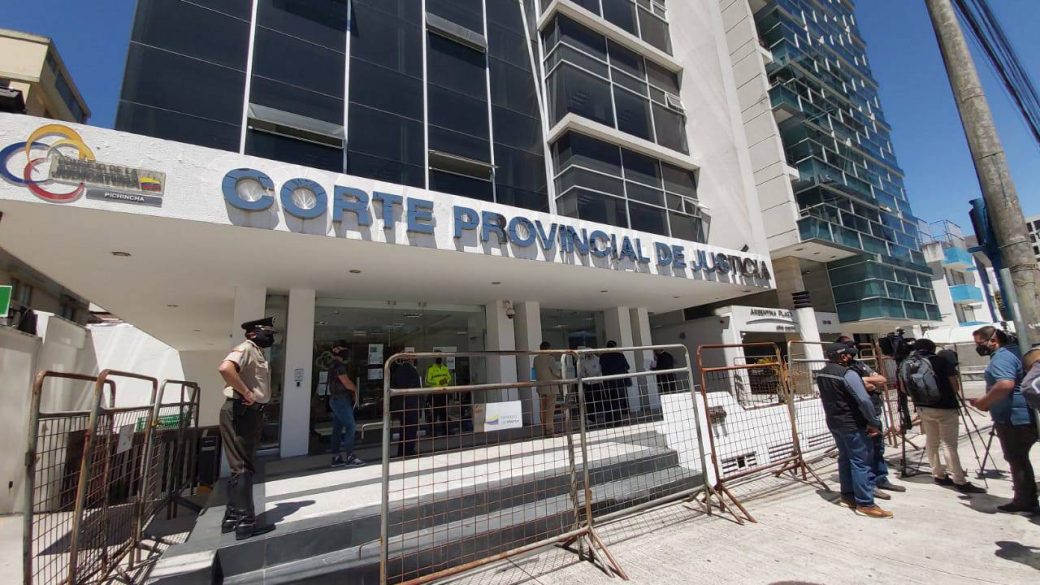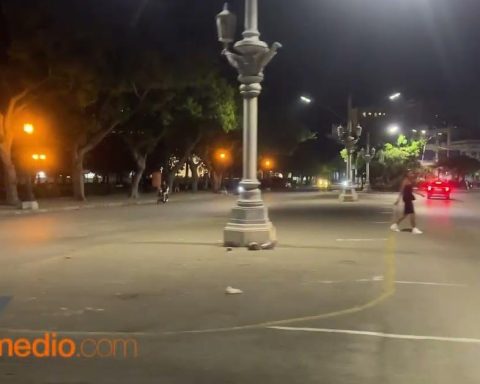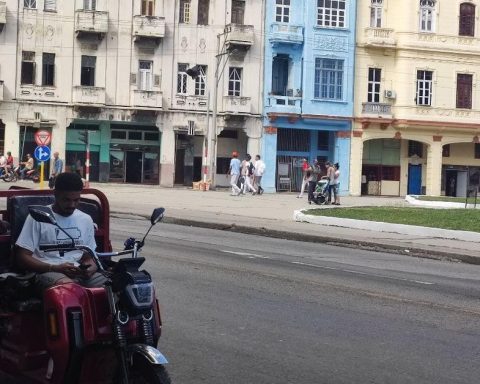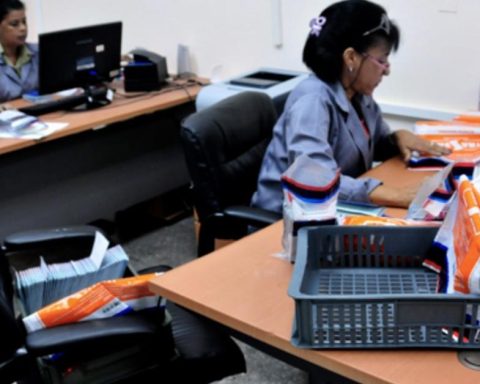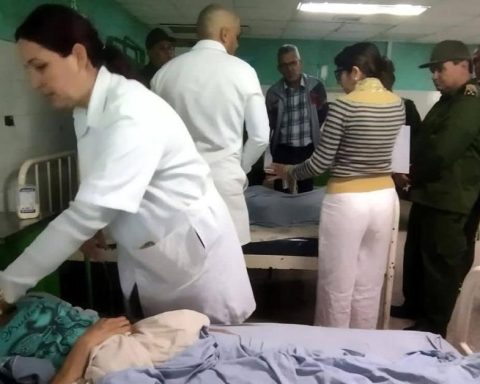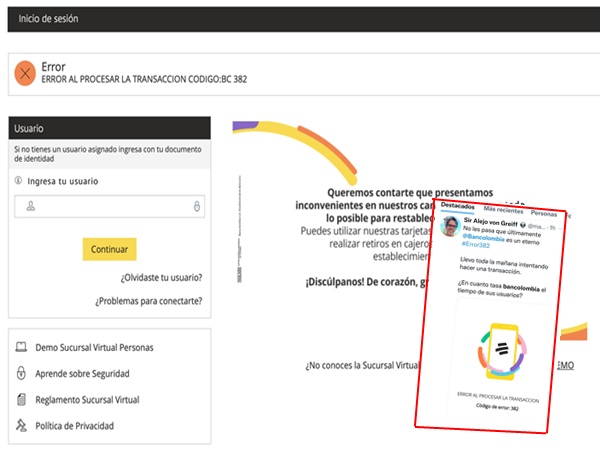The Judiciary indicated that the model will be extended to the entire country. To achieve this, transfers of judges will even be made possible to complete the courts
From this Monday, January 17, 2022, the fixed courts in the province of Pichincha, as part of a pilot plan that the Judicial Council (CJ) has. The measure plans to be extended to the rest of the courts in the country.
The new formation of courts corresponds to Resolution 217-2021 of the Judiciary. There, the implementation of the “Model of fixed courts in multi-person jurisdictional bodies in matters penal at the national level”. The idea is that instead of what is happening now, in which the judges are drawn by lot to make up the court that judges this or that cause, now the causes come to this or another court, previously integrated and permanent.
The document has six articles, five general provisions, three transitory and two repeals. It was approved on December 21 last and is already beginning to be executed.
On the implementation of fixed courts, it is indicated that they will be in matter penal and on a national scale. The Pilot Plan will be developed from this January 17 in the Pichincha Provincial Court and in the Criminal Guarantee Courts based in Quito.
The judges that make up the specialized chambers in criminal matters, multi-competent chambers of the provincial courts and courts of criminal guarantees will maintain the competence that has been assigned to them by reason of the matter and the territory.
To make up the fixed courts The following rules will be observed:
- Identify the jobs of judges in the multi-person jurisdictional bodies in criminal matters at the national level, which enable the formation of fixed courts.
- Analyze the productivity of judges in criminal matters at the national level.
- Determine the number of judges with the highest productivity, who will be the head of the group, in relation to the number of fixed courts to conform
- Of the remaining judges, that is, those who will not be the head of the group, the draw will take place alternately.
- A secretary will be raffled for each fixed court.
The criminal cases that the courts under the system of pool of judges (raffle), will continue to be substantiated by these same courts until the end of the process.
The civil cases that are being heard by the judges of the criminal chamber by virtue of Resolution 055-2017, must be substantiated and resolved by the same judges to whom they were assigned.
From the formation of the fixed courts, all the causes that enter the criminal court will be drawn to said courts.
The measure has support from the judges who spoke with LA HORA this Sunday, January 16, 2022. In several interviews they indicated that there were problems with the lottery system. For example, they had to suspend hearings with one court since they had previous commitments with another in different cases. “Sometimes I couldn’t, and on other occasions, my colleagues excused themselves because they had other errands,” said one.
Among the general provisions approved by the Judiciary, it is stated that it will seek to facilitate the implementation of this model and facilities will be given for the transfer of judges so that the judicial dependency has the number of three or its multiples that allow the implementation of the project.
On the other hand, the Court of Pichincha It is chaired from this Friday (January 14) by the jurist Gustavo Osejo who won the elections that day.
#URGENT | The Judge of the Family Chamber, Gustavo Osejo, is elected President of the Provincial Court of Justice of #Pichincha. The new authority states that it will work together with the judges to improve the judicial system pic.twitter.com/A5N3cAEvCx
– CJPichincha (@CjPichincha) January 14, 2022
